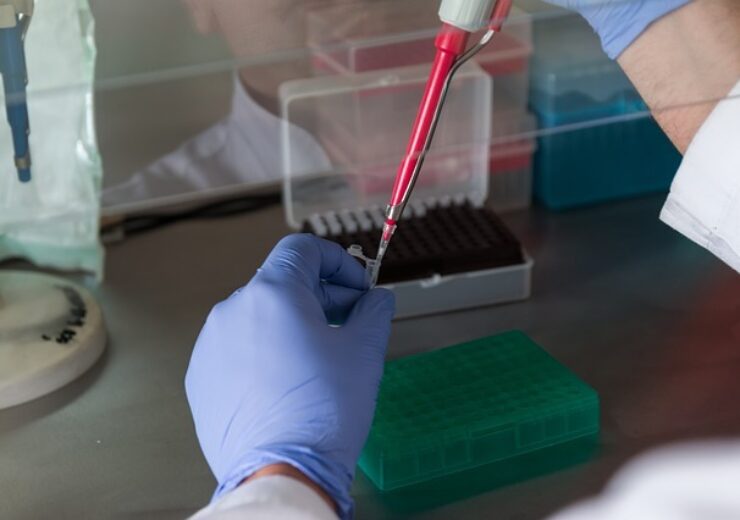Throat swab samples from the patients will be tested using the company’s Digid Cantisense SARS-CoV-2 test, along with a standard PCR method

Digital Diagnostics to evaluate its Covid-19 antigen. (Credit: Michal Jarmoluk from Pixabay.)
Digital Diagnostics has secured the German Federal Institute for Drugs and Medical Devices (BfArM) approval for the clinical study of its Digid Cantisense SARS-CoV-2 test.
The Germany-based health technology firm has filed an application with BfArM in June 2020. BfArM has granted approval under the German Medical Devices Act (MPG). The ethics committee of the Rheinland-Pfalz Medical Association (Landesärztekammer) has also a positive vote.
The company said that the approval of its rapid Cantisense test is subject to the success of its Digid biosensor and the associated reading device in the clinical study, which is expected to complete in October 2020.
The clinical trials of its antigen test are planned at PFÜTZNER Science & Health Institute in Mainz, which is said to work closely with scientists from corona test centres and clinics across Germany.
In the study, throat swab samples from the patients will be tested with the company’s Digid Cantisense SARS-CoV-2 test, along with a standard PCR method.
The sample will be analysed using the Digid rapid test system directly on site, and is later compared with results from a PCR test to determine the accuracy of the Digid Cantisense SARS-CoV-2 test.
Digital Diagnostics is currently enhancing its production capabilities for the test
Digital Diagnostics said that the design of the study is in line with the FDA and EU Commission guidelines for in-vitro measurement procedures to detect SARS-CoV-2.
The company claimed that its Cantisense test will directly detect the presence of the SARS-CoV-2 virus in the sample, while most of the other rapid tests detect only antibodies.
The new test is said to prevent the spread of the pandemic through immediate on-site detection of the virus in tested patients, as patients develop the antibodies only when they are exposed to the virus for several days, during which they might have infected others.
Furthermore, Digital Diagnostics is currently enhancing its production capabilities, to support its plans to launch the tests into the market in large volumes, after the approval.
